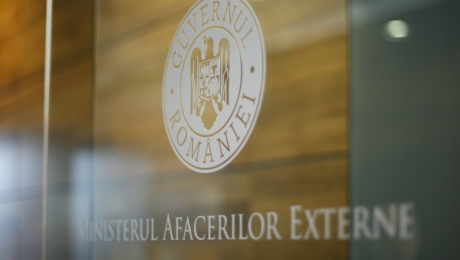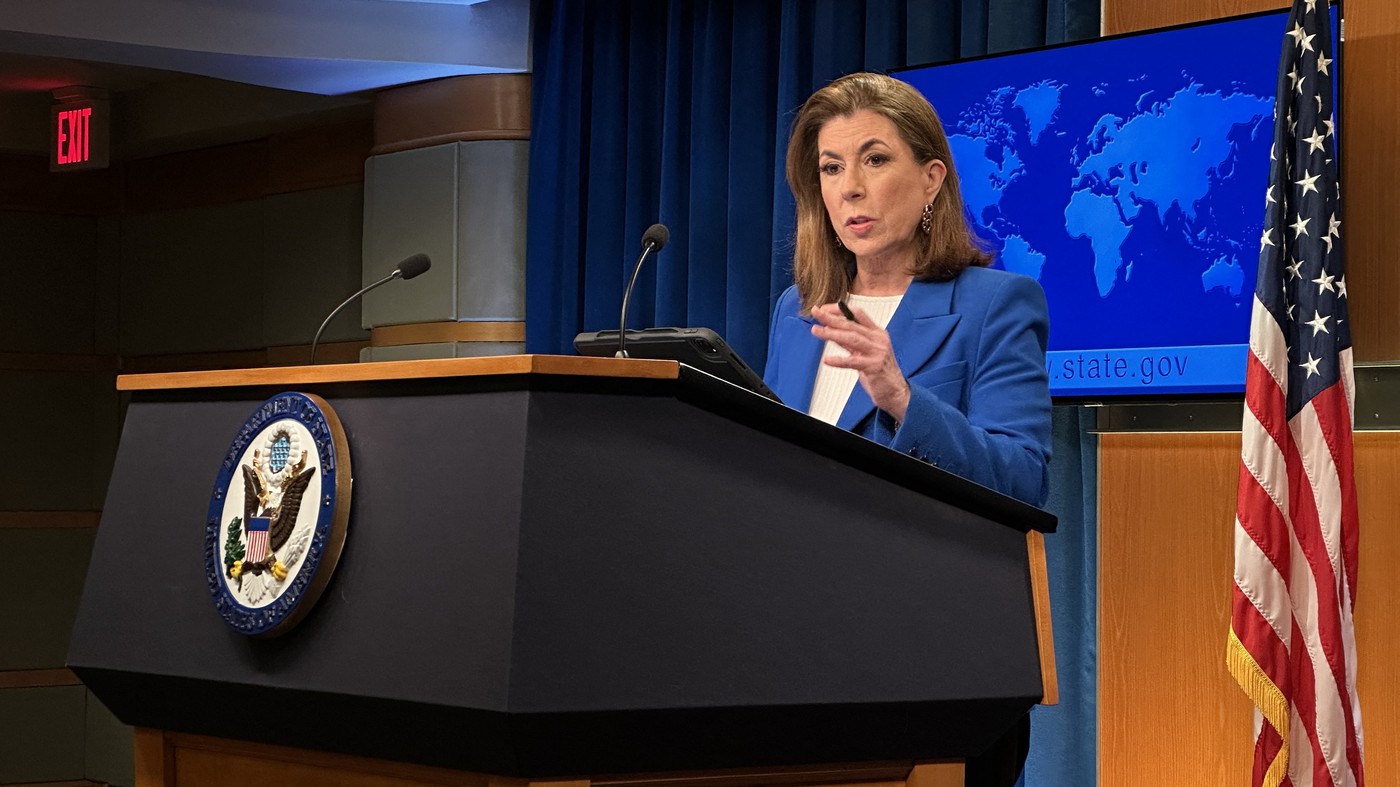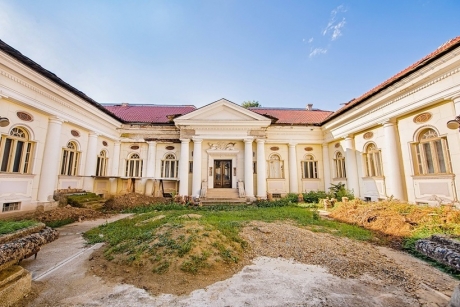Economic growth is expected to decelerate noticeably more pronounced in 2023 than previously anticipated - against the background of high costs, the decrease in external demand and the conduct of monetary policy - and to recover only slightly in 2024 but more pronounced in 2025, according to the Minutes of the meeting of monetary policy of the BNR Board of Directors of November 8.
The developments made it likely for the positive output gap to narrow much faster starting in Q3 2023, implying the reversal of the cyclical position of the economy towards the end of 2024 and the subsequent relatively slow widening of the negative output gap, the minute reads.
It was noted that, after the abrupt loss of tempo in 2023, household consumption would probably become again the primary determinant of GDP advance in 2024-2025, albeit with a smaller contribution than in previous years, amid a gradual recovery in the dynamics of households’ real disposable income, as well as high interest rates on household loans and deposits.
By contrast, the growth rate of gross fixed capital formation was expected to stick to an upward path in 2023 and remain particularly swift from a historical perspective in 2024-2025, although at a lower level. That would be due to the absorption of a large volume of EU funds under the multiannual financial frameworks and the Next Generation EU programme, but also to the effects and uncertainties associated with the fiscal adjustment programme, Board members remarked.
(Photo source: Lcva/Dreamstime.com)
























 English (US) ·
English (US) ·  Romanian (RO) ·
Romanian (RO) ·